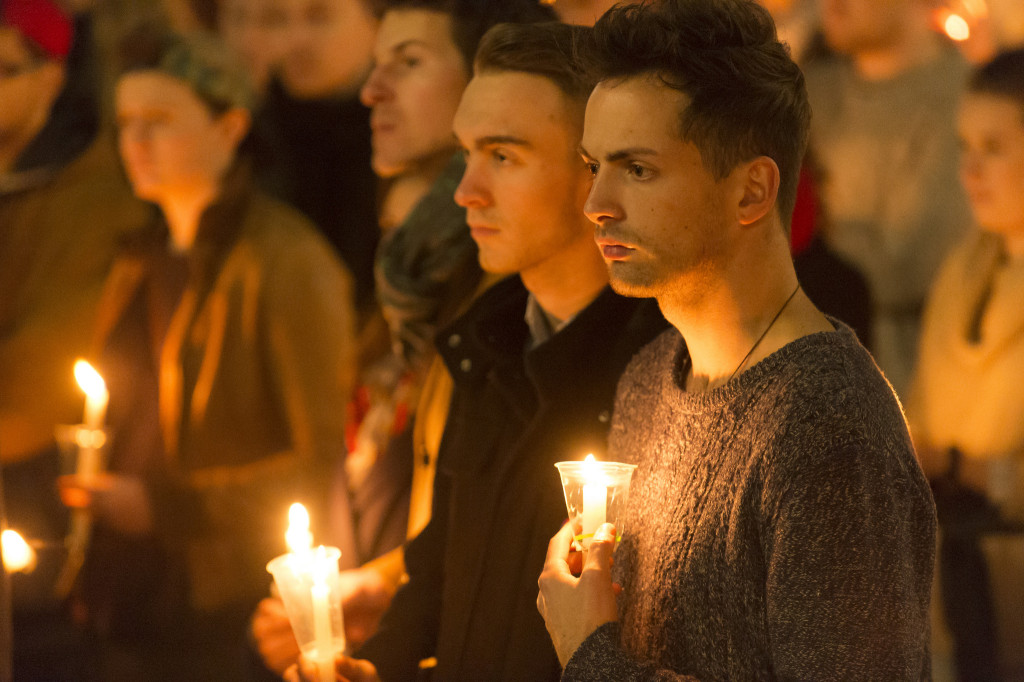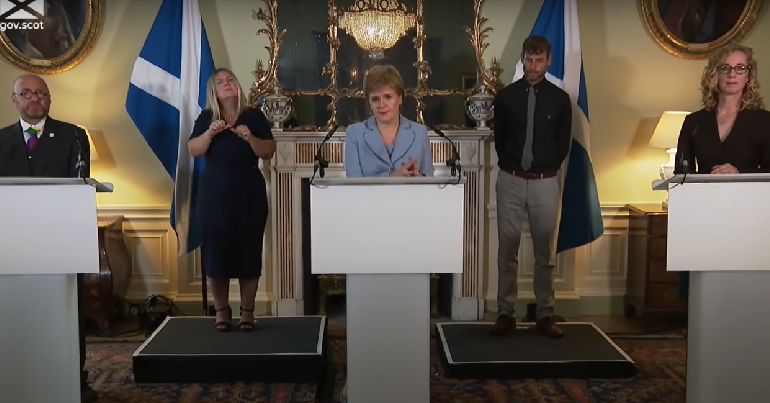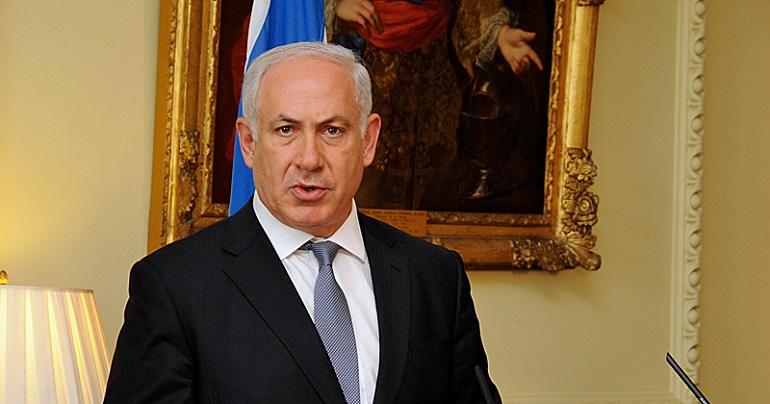Making a start on understanding Orlando

Dr. Gilbert Ramsay is a lecturer on terrorism at the University of St. Andrews. He offers five immediate reflections to the deadly attacks in Orlando:
1. Based on how he has been described in the media, the attacker, Omar Mateen sounds more like a typical American mass shooter than a semi-affiliated jihadist terrorist. That said, so do most American ‘home grown’ jihadis, who have tended to be dysfunctional and marginalised individuals to an even greater extent than their European counterparts.
2. While Omar Mateen probably didn’t have an operational connection to Islamic State, his attack might be seen as fitting with its general style. ‘Lifestyle’ targets such as nightclubs have long appeared in jihadi ‘strategic’ texts, but have usually been given low priority. Al Qaeda saw itself as fighting a war, not so much as trying to enforce religious fundamentalist values abroad. While the patterns owe something to chance, Islamic State seems relatively more interested in promoting its own ‘values’ worldwide. This is partly because it derives its politics more from ultra-radical transnational jihadi-salafism than from revolutionary Islamism rooted in Muslim majority contexts.
3. Again, while there is likely no direct Islamic State operational link, this also fits with the idea that IS is lashing out because it is losing on the battlefield. Islamic State faces imminent annihilation in its home territories in Syria and Iraq, and is also facing reversals in Libya, which some see as the place it would likely fall back to.
4. Let’s be frank: whatever you think of polling methodologies, a lot of Muslims have a problem with homosexuality, just as do lots of Christians (think of attempts in Uganda to legislate the death penalty for homosexual acts), Hindus, Buddhists (the Dalai Lama has said some distinctly homophobic things). Lots of religious groups today are basically where a majority of British Catholics were about thirty years ago in their attitude to the acceptability of sexual diversity. But that doesn’t have to mean that they need another thirty years to catch up.
5. Homophobia is a massive problem: but we know one thing that kills it pretty effectively – European integration. As the EU has spread eastwards, we have slowly seen places where gay people were routinely harassed and murdered transformed into places with established pride marches and fragile but flourishing gay cultures. People posting angry things about attitudes to homosexuality in some sections of Turkish society as an argument against the EU are no friends of gay liberation. They are its enemies.




Leave a Reply